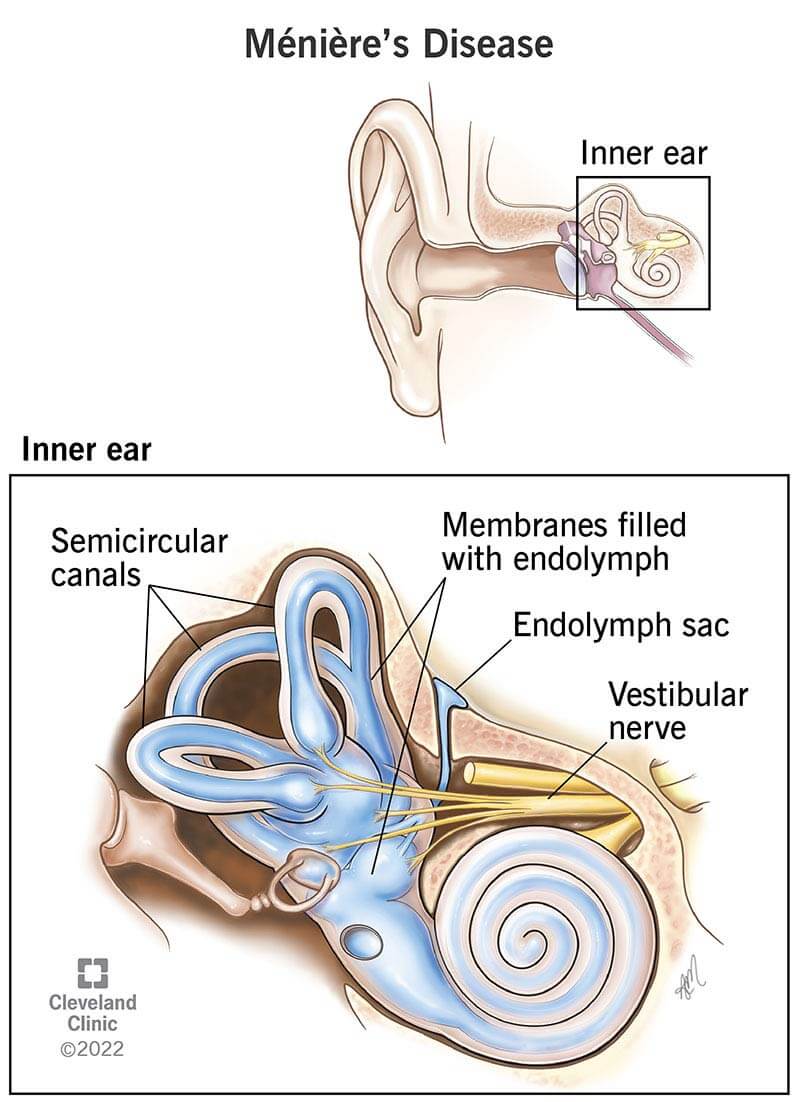A 65-year-old female presents to the clinic with complaints of fatigue, shortness of breath, and pallor. Her hemoglobin level is 9 g/dL. Which of the following clinical manifestations is most likely associated with her anemia?
Increased appetite.
Fatigue.
Weight gain.
Hypertension.
The Correct Answer is B
Choice A Reason:
Increased appetite is not typically associated with anemia. Anemia generally leads to symptoms related to decreased oxygen-carrying capacity of the blood, such as fatigue, weakness, and shortness of breath. Increased appetite is more commonly linked to other conditions, such as hyperthyroidism or certain metabolic disorders.
Choice B Reason:
Fatigue is a common and significant symptom of anemia. When hemoglobin levels are low, the body’s tissues do not receive adequate oxygen, leading to feelings of tiredness and exhaustion. This is because hemoglobin is responsible for transporting oxygen from the lungs to the rest of the body. In anemia, the reduced oxygen delivery results in decreased energy levels and persistent fatigue.
Choice C Reason:
Weight gain is not typically associated with anemia. In fact, some forms of anemia, such as those caused by chronic diseases or malnutrition, may lead to weight loss rather than gain. Weight gain can be associated with other health issues, such as hypothyroidism or fluid retention, but not directly with anemia.
Choice D Reason:
Hypertension is not a common manifestation of anemia. Anemia usually leads to symptoms like pallor, shortness of breath, and fatigue due to the reduced oxygen-carrying capacity of the blood. Hypertension, or high blood pressure, is more commonly associated with cardiovascular diseases, kidney disorders, or endocrine conditions.
Nursing Test Bank
Naxlex Comprehensive Predictor Exams
Related Questions
Correct Answer is B
Explanation
Choice A Reason:
Adrenal hyperplasia involves the enlargement of the adrenal glands, which can lead to an overproduction of adrenal hormones. However, it does not directly cause hyperpituitarism. Hyperpituitarism is related to the overactivity of the pituitary gland, not the adrenal glands.
Choice B Reason:
Pituitary adenoma is the most common cause of hyperpituitarism. These benign tumors in the pituitary gland lead to the overproduction of one or more pituitary hormones, causing symptoms such as severe headaches, visual disturbances, and joint pain. The pituitary gland’s overactivity due to the adenoma results in the excessive release of hormones, which can affect various bodily functions.
Choice C Reason:
Thyroid carcinoma is a type of cancer that affects the thyroid gland While it can cause hormonal imbalances, it does not typically lead to hyperpituitarism. The symptoms described are more consistent with a pituitary-related issue rather than a thyroid condition.
Choice D Reason:
Hypothalamic dysfunction can affect the pituitary gland’s function since the hypothalamus regulates pituitary hormone release. However, it is less likely to be the primary cause of hyperpituitarism compared to a pituitary adenoma. The direct overproduction of hormones by the pituitary gland is more commonly due to an adenoma.
Correct Answer is B
Explanation
Choice A Reason:
Caffeine-rich beverages are not recommended for patients with Meniere’s disease. Caffeine can exacerbate symptoms such as vertigo and tinnitus by increasing the fluid pressure in the inner ear. Therefore, avoiding caffeine is generally advised to help manage the condition.
Choice B Reason:
A low-sodium diet is an appropriate treatment for Meniere’s disease. Reducing sodium intake helps decrease fluid retention in the body, including the inner ear, which can alleviate symptoms such as vertigo, tinnitus, and hearing loss. This dietary modification is a cornerstone of managing Meniere’s disease and can significantly improve the patient’s quality of life.
Choice C Reason:
High-intensity interval training (HIIT) is not suitable for patients with Meniere’s disease. Intense physical activity can trigger vertigo attacks and worsen balance issues. Patients are generally advised to engage in moderate, low-impact exercises that do not provoke symptoms.
Choice D Reason:
Prolonged bed rest is not an appropriate treatment for Meniere’s disease. While rest may be necessary during acute vertigo attacks, long-term bed rest can lead to deconditioning and other health issues. It is important for patients to maintain a balance between rest and activity to manage their symptoms effectively.

Whether you are a student looking to ace your exams or a practicing nurse seeking to enhance your expertise , our nursing education contents will empower you with the confidence and competence to make a difference in the lives of patients and become a respected leader in the healthcare field.
Visit Naxlex, invest in your future and unlock endless possibilities with our unparalleled nursing education contents today
Report Wrong Answer on the Current Question
Do you disagree with the answer? If yes, what is your expected answer? Explain.
Kindly be descriptive with the issue you are facing.
